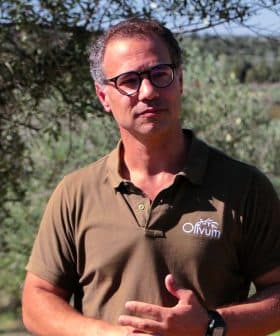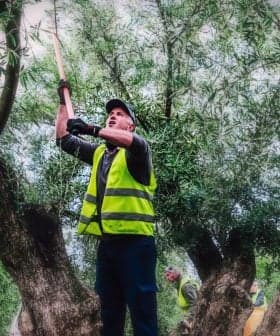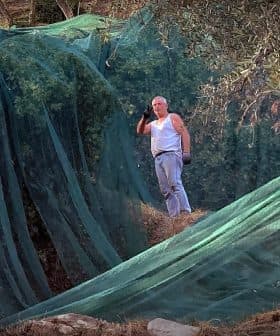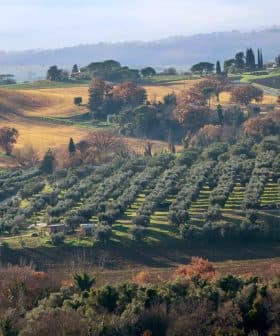Tuscany Announces Funds to Prevent Olive Grove Abandonment
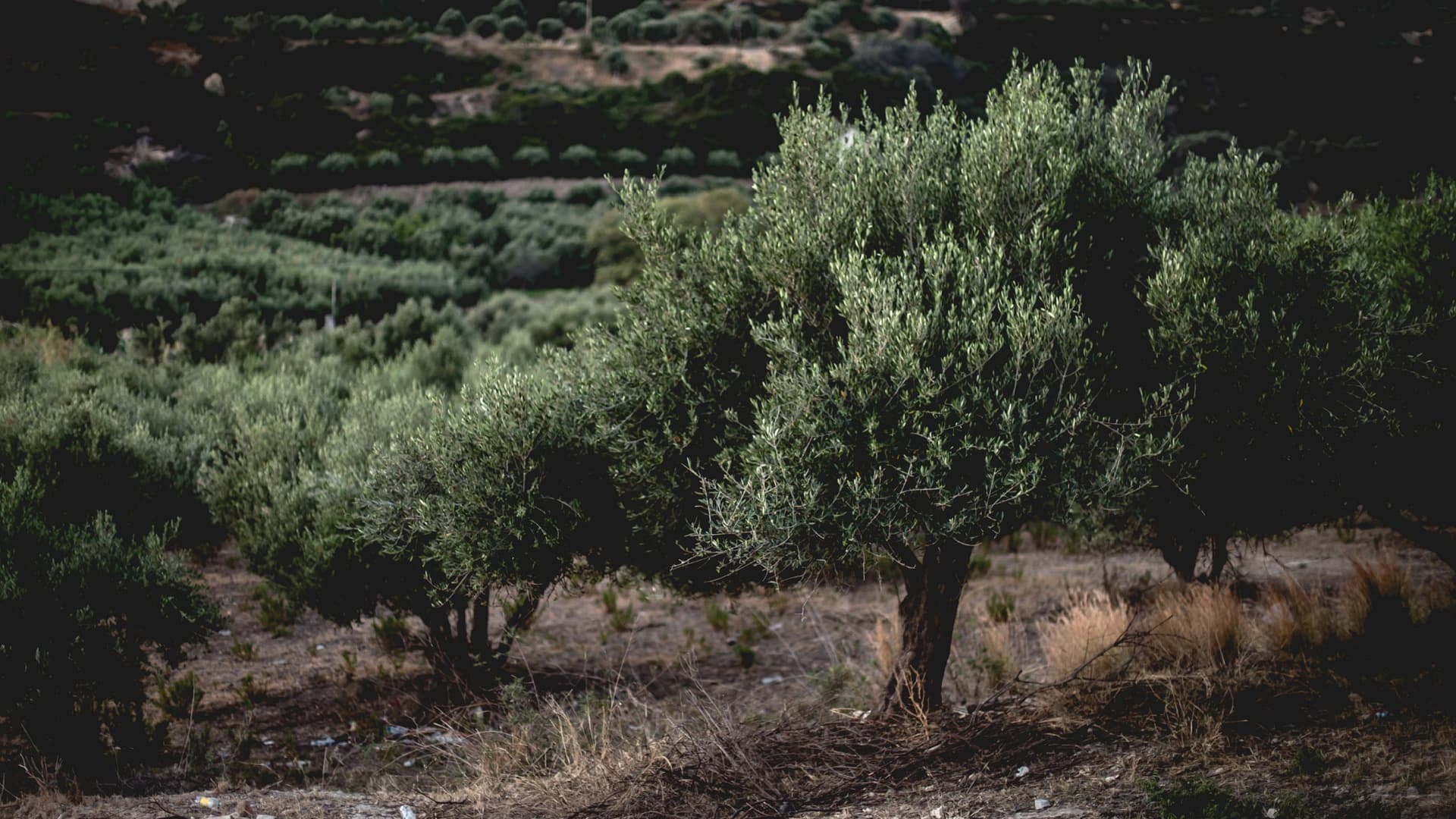
The regional government of Tuscany in Italy is investing €6 million over five years to support biodiversity, maintain landscapes, and prevent the abandonment of olive groves and other tree crops, with olive growers eligible to receive up to €840 per hectare and chestnut farmers up to €600 per hectare by December 29th. The initiative aims to encourage the continuous maintenance of these crops to reduce hydrogeological risks, prevent wildfires, and preserve the cultural and natural heritage of the region, with specific obligations for growers to receive funding starting in January 2024.
In Italy, the regional government of Tuscany is investing €6 million over five years to promote biodiversity, maintain the landscape and counter the abandonment of olive groves and other tree crops.
By December 29th, olive growers in the region can apply for a maximum of €840 per hectare, while chestnut farmers will receive €600 per hectare.
During the presentation of the initiative, the regional authorities stated how thorough and continuous maintenance of these crops is crucial to curtail the hydrogeological risk and prevent wildfires.
See Also:Spurred by Olives, Organic Farmland Grows in ItalyThose funds will be directed to growers whose orchards are located in challenging areas, such as steep slopes or terraces. The farming costs associated with these groves are considerably higher than those in plains, and their productivity is often lower.
Additionally, many of those groves cover small surfaces, making it even harder for a single grower to develop a functional economic model.
According to the regional government, those conditions triggered the phenomenon of the abandonment of olive groves with consequences on production volumes and landscape.
Tuscan growers can also access the official list of fund recipients if their groves are listed as part of the historical rural landscapes of national interest.
Funds will also go to those olive groves included in the convention to protect the world’s cultural and natural heritage maintained by the United Nations Educational, Scientific and Cultural Organization (UNESCO).
Special attention will be given to those orchards at risk of abandonment and located in areas associated with one of the five Tuscan regions with a Protected Designation of Origin (PDO) and Protected Geographical Indication (PGI) certification.
Protected Designation of Origin and Protected Geographical Indication
Protected Designation of Origin (PDO) and Protected Geographical Indication (PGI) are both types of geographical indications used to protect and promote certain agricultural products within the European Union. These designations are part of a system implemented to safeguard the reputation, quality and characteristics of specific products linked to their geographical origin, including extra virgin olive oil.
Starting January 2024, olive growers and caretakers will be assigned the funds only if they comply with several obligations.
Those include pruning the trees during the first, third and fifth years of the initiative. Growers will also have to annually cut the suckers from the trees and remove them before June, as excess vegetation could trigger wildfires.
To limit the spread of the olive fruit fly, the olives will have to be harvested at least three times during the five years of the initiative.
The list of obligations also includes a complete ban on the use of herbicides.
Some associations are working to recover as many groves as possible, and a recent initiative was launched to attract funds to restore thousands of hectares of olive groves abandoned on the Apennines, the 1,200-kilometer mountain range in central Italy.
The olive tree is a critical component of the Tuscan identity and history. “Our olive trees grow on the rounded hills you can see while heading to Florence. The cypress trees and the farmhouses on top of the hills are all characteristics of the renowned Tuscan landscape,” Giovan Battista Donati, president of the Arezzo olive oil miller association, told Olive Oil Times in January 2023.
“Such unique beauty has brought to the Made in Tuscany as a quality origin brand associated with olive oil production, wine, arts and landscape,” Donati added.



